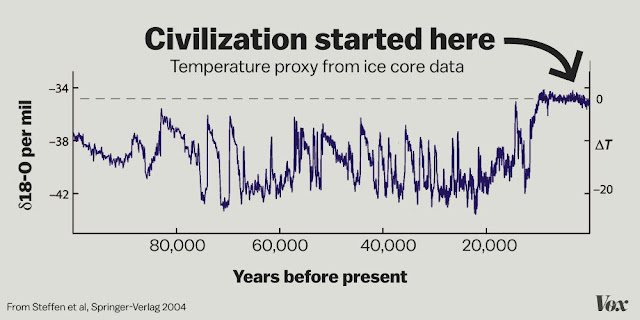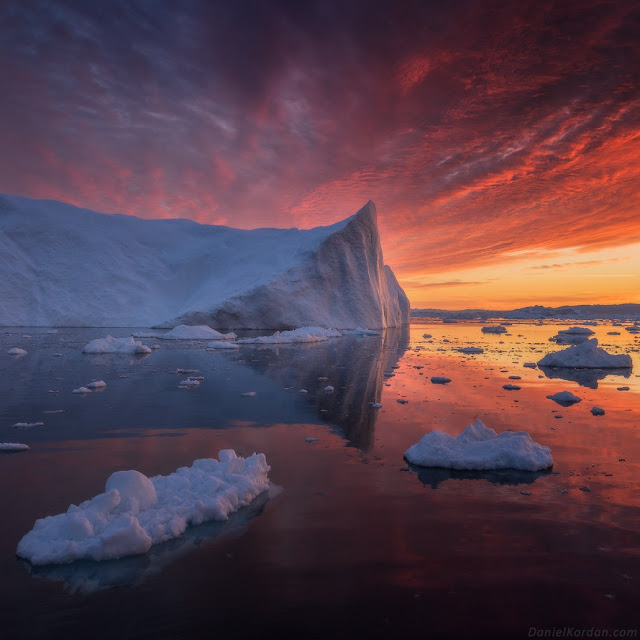Ecological Changes Caused by Climate Change
Climate change is one of the greatest environmental challenges facing our planet today. One of its most significant impacts is on the Earth's ecosystems, including plant and animal species, ecosystems and habitats.
The Impact of Climate Change on Ecosystems
Climate change affects ecosystems in many ways, including:
- Alterations in temperature, precipitation, and other weather patterns
- Changes in the timing and duration of seasons, such as the onset of spring or the timing of migrations
- Rising sea levels, which can inundate coastal habitats and cause erosion
- More frequent and severe extreme weather events, such as droughts, floods, and storms
These changes can disrupt ecosystems and lead to a variety of ecological impacts, including:
- Shifts in the geographic ranges of plant and animal species
- Changes in the timing of seasonal events, such as the timing of bird migrations or the flowering of plants
- Loss of habitat, particularly for species living in polar and mountainous regions
- Changes in the availability and quality of food and water resources
- Increased stress on ecosystems, including increased risk of extinction for some species
Examples of Ecological Changes Caused by Climate Change
Some specific examples of ecological changes caused by climate change include:
| Ecological Change | Impact |
|---|---|
| Loss of Arctic Sea Ice | Threatens polar bear populations and alters Arctic marine ecosystems |
| Coral Bleaching | Kills coral reefs, which provide habitat for numerous marine species |
| Range Shifts in Butterflies | Butterfly species in Europe have shifted their ranges northward in response to warming temperatures |
| Shrinking Glaciers | Reduces habitat for alpine plant and animal species and alters the hydrology of downstream ecosystems |
How Can We Address Ecological Changes Caused by Climate Change?
Addressing ecological changes caused by climate change requires a multifaceted approach that includes:
- Reducing greenhouse gas emissions to limit the extent of future climate change
- Protecting and restoring ecosystems and habitats that are at risk from climate change
- Adapting to the unavoidable impacts of climate change through measures such as improving water management and reducing the risk of wildfires
- Working to reduce other stressors on ecosystems, such as habitat loss and pollution, to improve their resilience to climate change
By taking these steps, we can help to protect the Earth's ecosystems and the species that depend on them, and ensure a sustainable future for ourselves and future generations.




Comments
Post a Comment